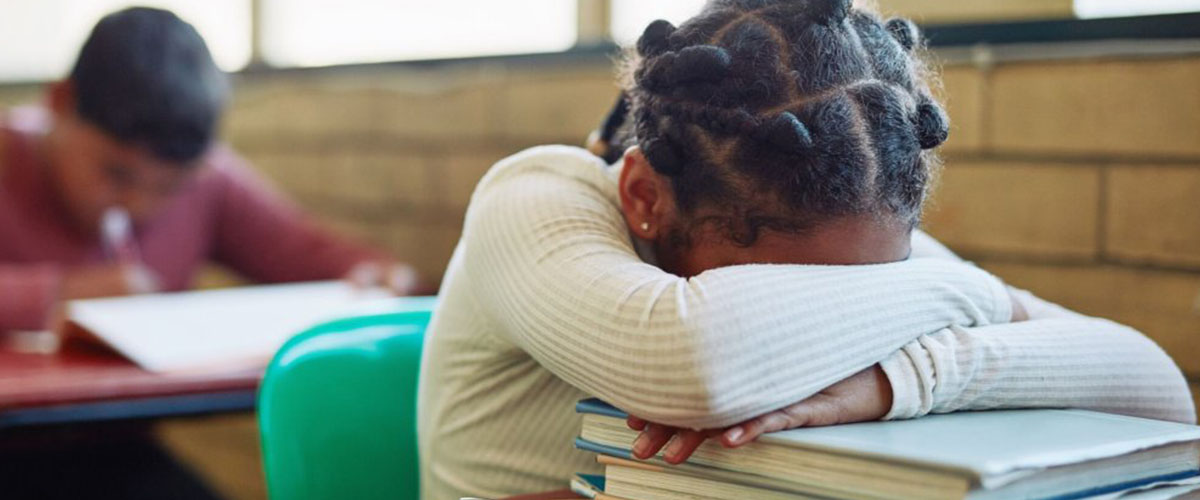Youths bullying their peers in schools: different settings and their consequences

Bullying in school refers to one or more perpetrators who have greater physical or social power than their victim and act aggressively toward their victim by verbal or physical means. This behavior is not a one-off episode; it must be repetitive and habitual to be considered bullying. The Center for Disease Control (C.D.C) defined bullying in school as “any unwanted aggressive behaviors by another youth or group of youths who are not siblings or current dating partners that involves observed or perceived power imbalance and is repeated multiple times or is highly likely to be repeated”.
Mr Jean Marie explains causes of bullying in school. Environmental factors are a cause of school bullying. Physical violence in the media may contribute to bullying. This is different with students as some may watch a lot of violence in the media and not be affected while other students can display higher levels of aggression from watching a lot of violence in the media. Social factors are also a cause for bullying. Children who bully are three times more likely to have family or parental problems and as such they display what they see at home. Influence of peer groups is another cause of bullying as bullies have been reported as being low in empathy and therefore not being sensitive to the plight of others. Some reasons for bullying are; for fun, others doing it too, showing how tough they are, to get things or money, etc.
It is important for parents and people who work with children and adolescents to understand that bullying can have both short and long term effects on everyone involved. There are many consequences of bullying which ranges from physical, psychological, academic, health etc. The psychological effects of bullying include depression, anxiety, low self-esteem, self-harming behavior, alcohol and drug use and dependence, aggression and involvement in violence or crime. While bullying can lead to mental health problems for any child, those who already have mental difficulties are even more likely to be bullied and to experience its negative effects. Cyber bullying that happens with computers or mobile devices has also been linked to mental health problems. Compared with peers who were not cyber bullied, children who are cyber bullied report higher levels of depression and thoughts of suicide, as well as greater emotional distress, hostility and delinquency. The physical effects of bullying can be obvious and immediate, such as being injured from a physical attack. However, the ongoing stress and trauma of being bullied can also lead to physical problems over time. A child who is bullied could develop sleep disorders-such as difficulty falling asleep or staying asleep-stomachaches, headaches, heart palpitations, dizziness, bedwetting and chronic pain. Being bullied causes a stress hormone in the body which typically happens after a stressful event. Academic effects show that bullying can have a negative impact on how well children and adolescents do in school. It has a negative impact on both grades and standardized test scores starting as early as nursery to high school. Health effects show that the brain activity and functioning can be affected by bullying. Frequent illness of bullied students as a result of being bullied. This goes a long way to enlighten us on bullying and its effects on young people.
Sexual harassment in school: satisfy me or get a zero… (reglo.org)
Written by Che Engochan with the expertise of Mr Songoue Jean-Marie, Counselor at Blessing International School










